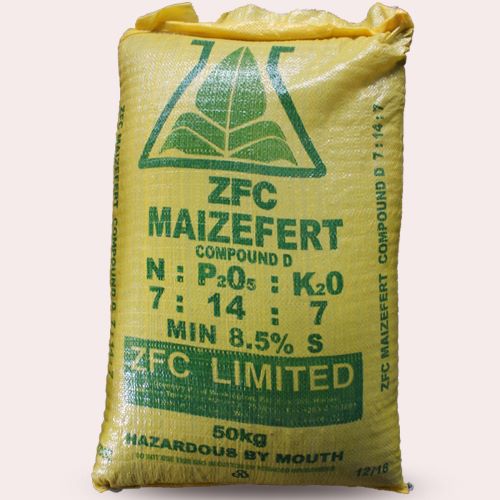By Lawrence Paganga
The price of fertiliser in Zimbabwe went up again this week, a move that will seriously affect farmers across the country.
Farmers in Zimbabwe are currently busy applying ammonium nitrate (AN) fertlisers on their crops buoyed by goods rains the country is receiving.
However, their plans have been derailed by the increase in fertilisers and this might affect crops through leaching due to the incessant rains and failure to apply adequate fertilisers due to high costs.
A 50kg bag of ammonium nitrate, which was pegged at US$37 last week, now costs between US$55 and US$70.
In a statement following the increase, the Zimbabwe Farmers Union (ZFU) expressed reservations over the fertilisers increases in the price, as it increased the cost of production.
“There has been a significant rise in agricultural input prices, especially fertilisers to be more specific, nitrogenous fertilisers. This has greatly increased the cost of production of most agricultural enterprises if not all. Persistent rains the country is currently experiencing even increases the requirements of nitrogenous fertilisers as leaching increases,” ZFU director Paul Zakariya said.
The ZFU boss added the latest fertiliser prices were of major concern in crop production in determining the yields and cost of production for heavy-feeding crops such as maize and tobacco.
“We are beginning to experience the effects of low supplies as well as the spiking of prices at a time when the product is needed.”
“This is not acceptable at all. Farmers’ costs are rising against depressed markets and margins are being eroded and that renders agriculture non-viable,” he said.
The increases have been factored in despite the Zimbabwe government last November engaging seed and fertiliser producing companies to ensure agricultural inputs costs remain affordable to all farmers.
This was after the farmers had appealed for the government’s interventions over “unwarranted price increases”.
Zimbabwe is targeting another bumper harvest season following the good rains received this year.








